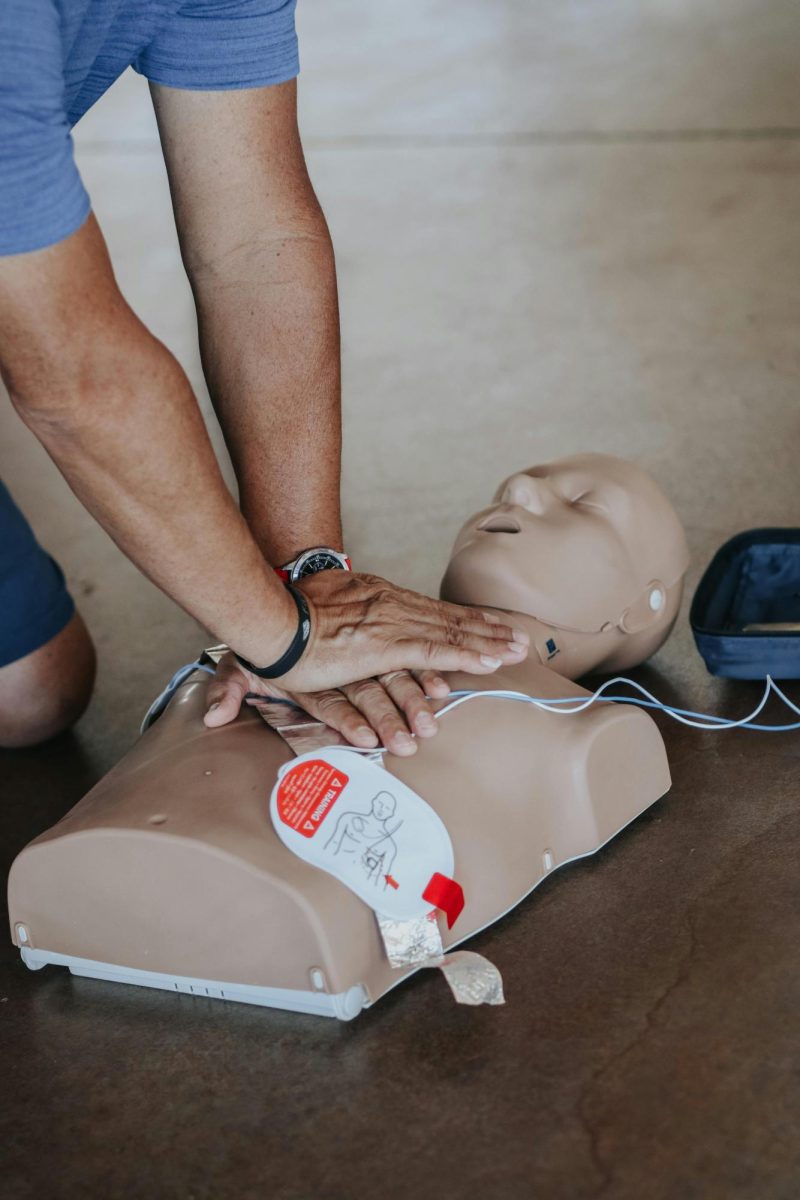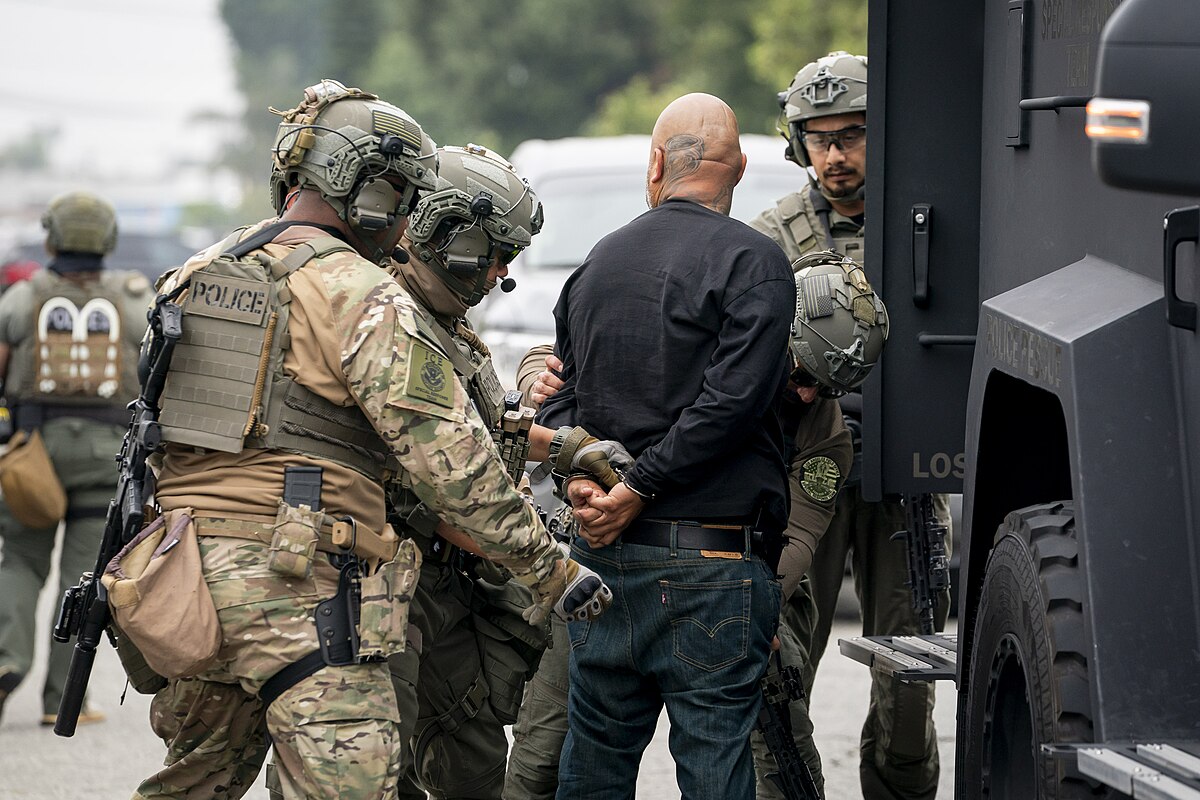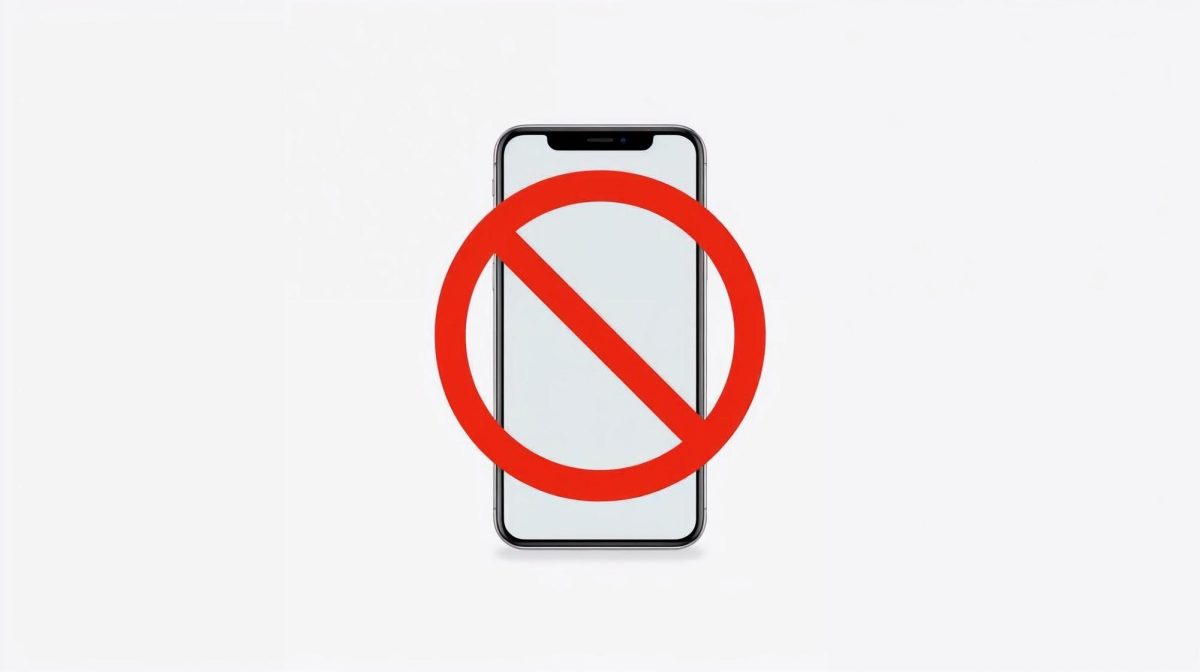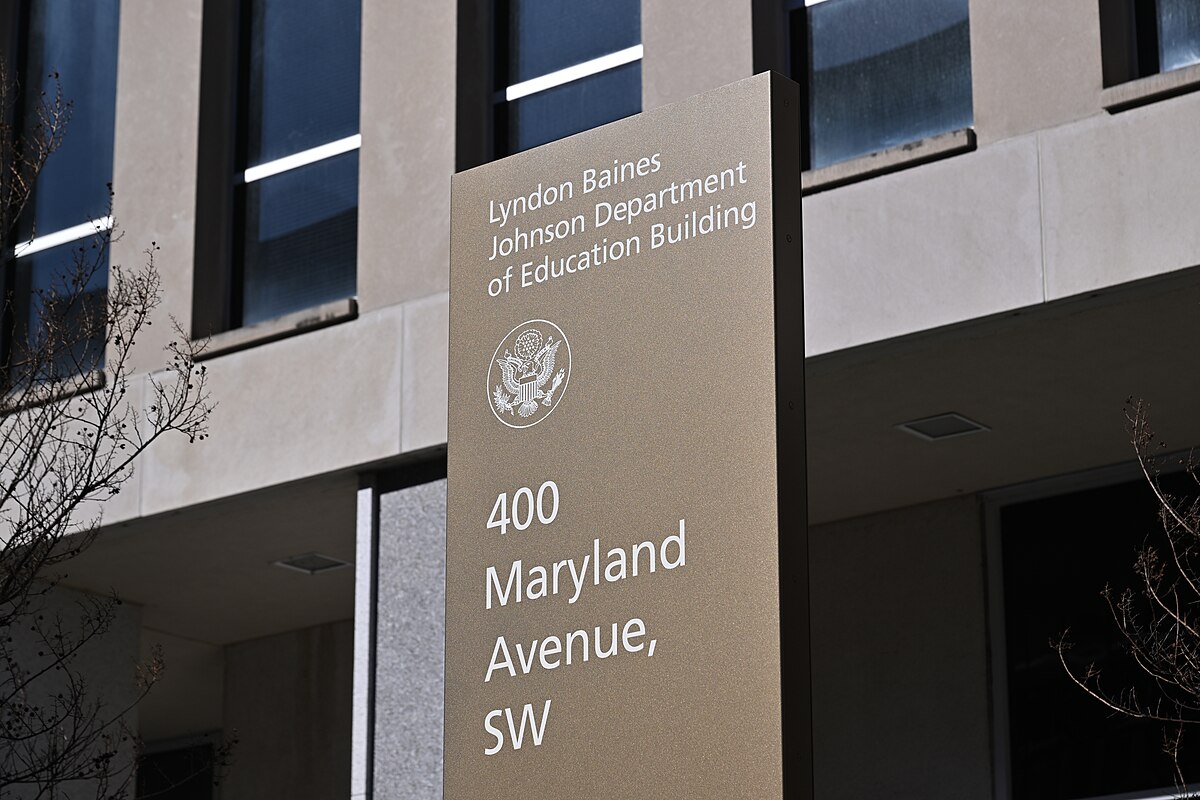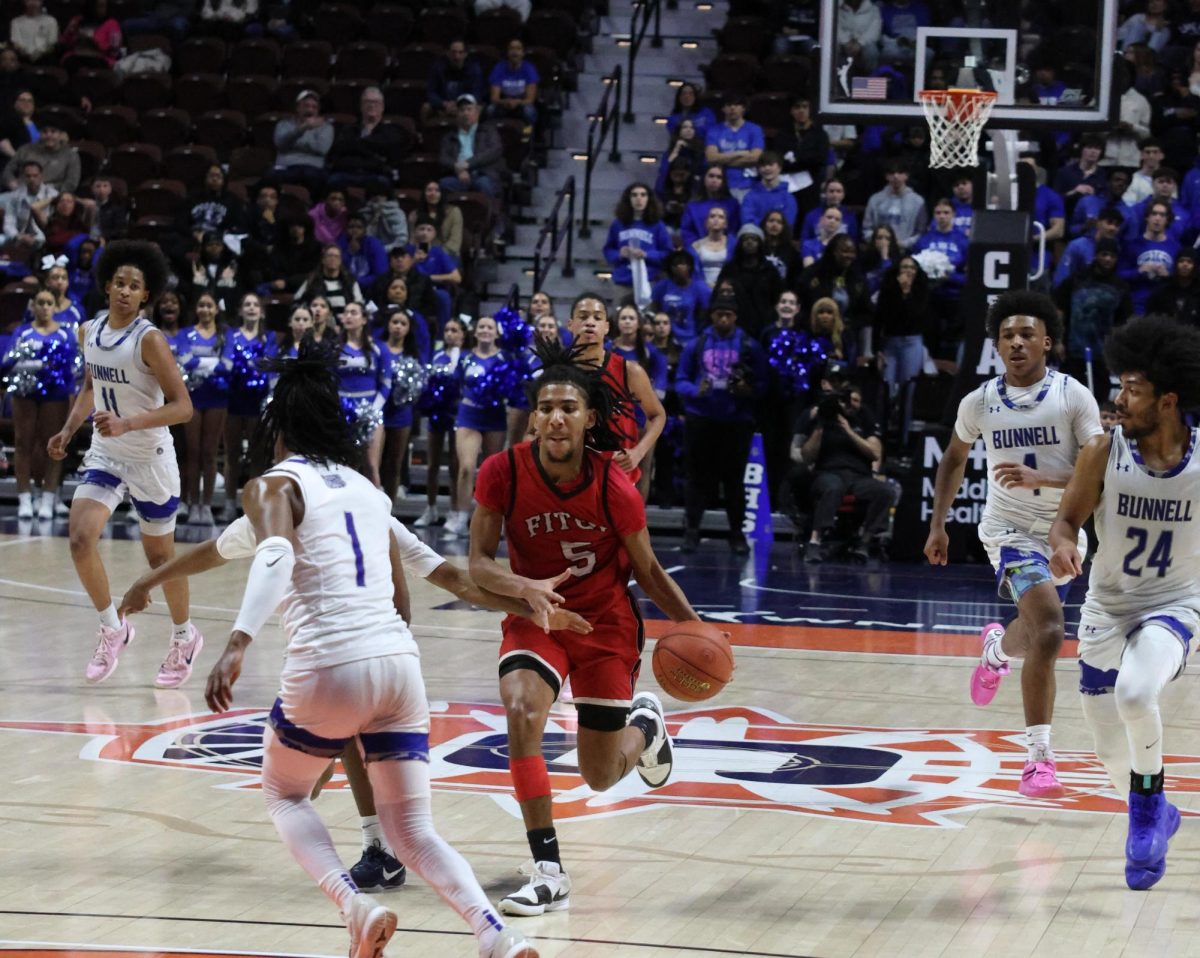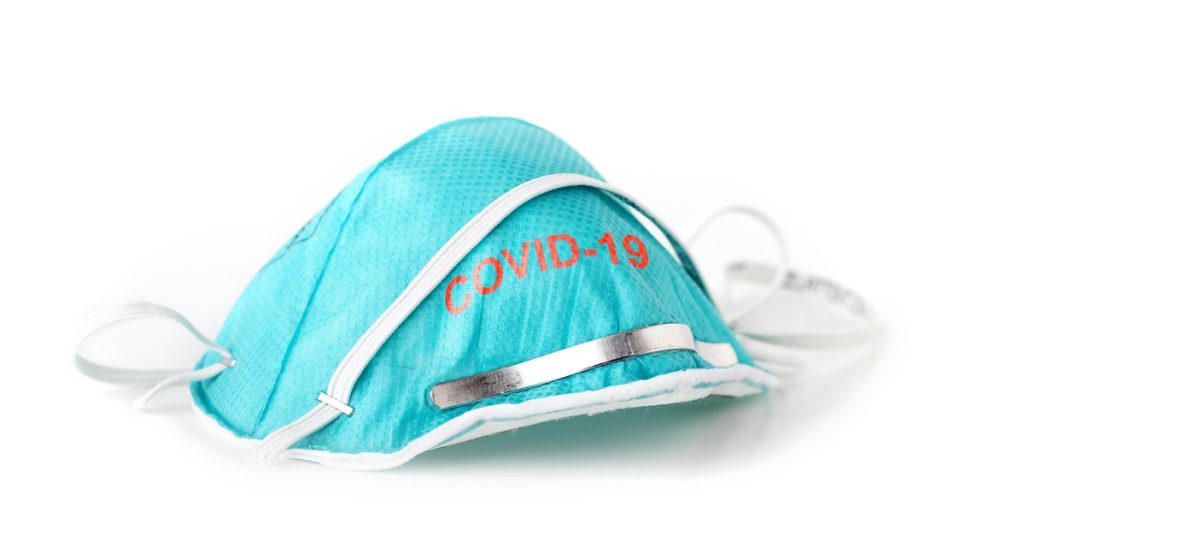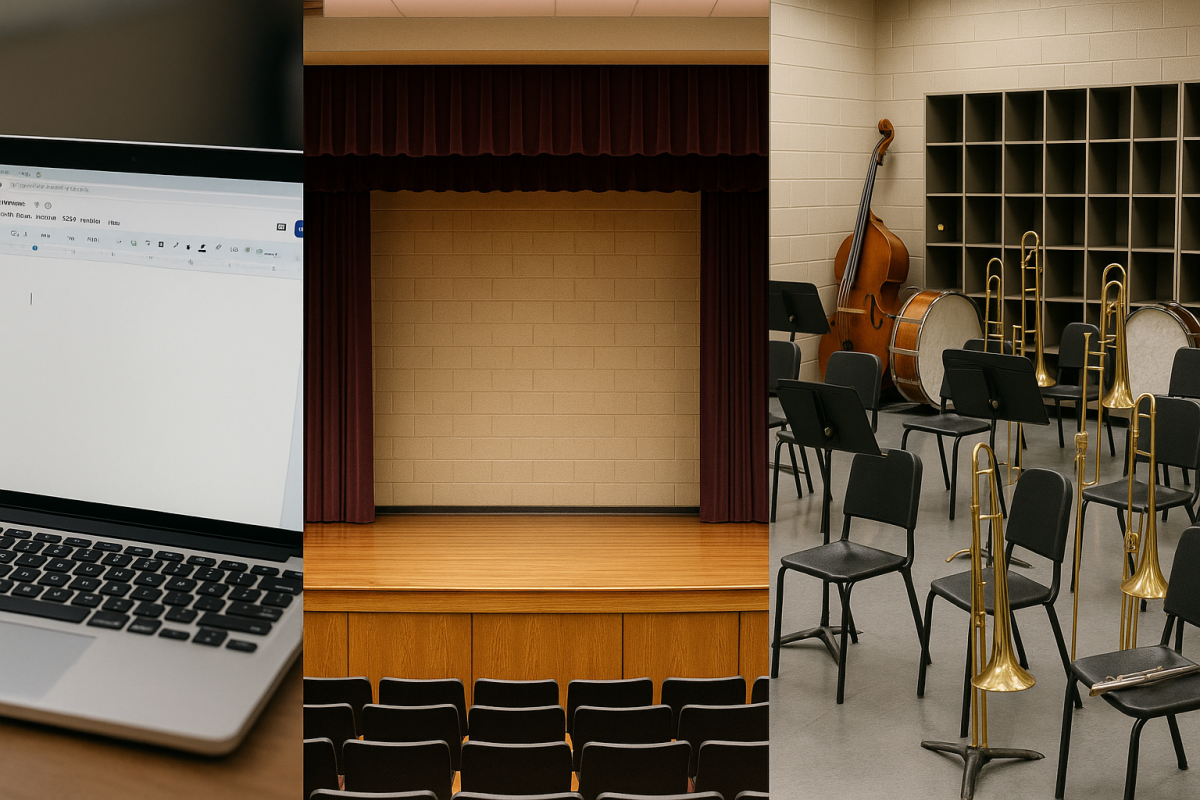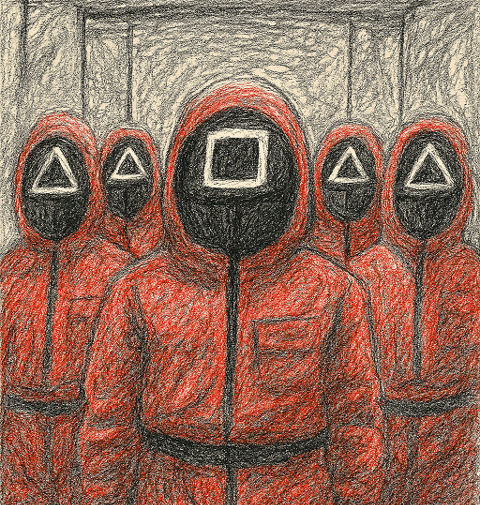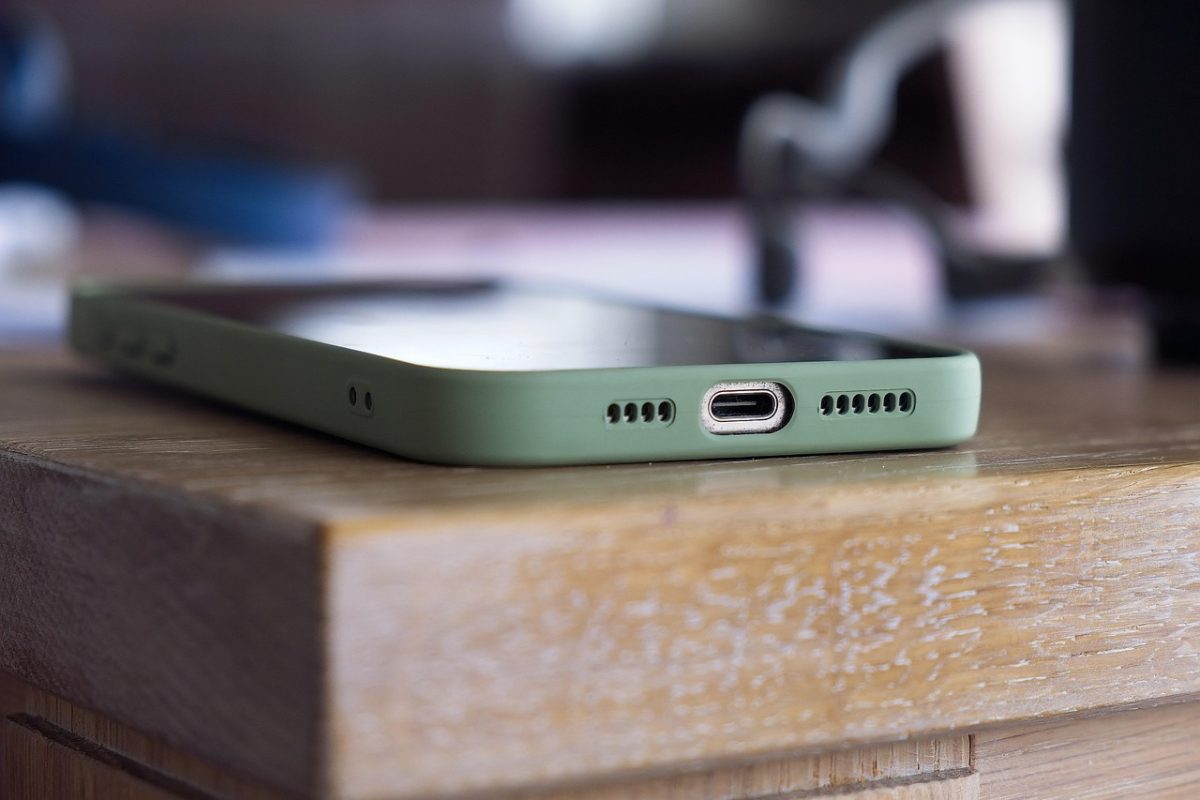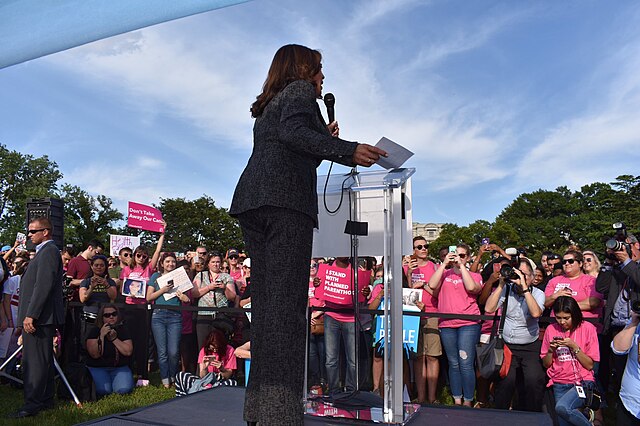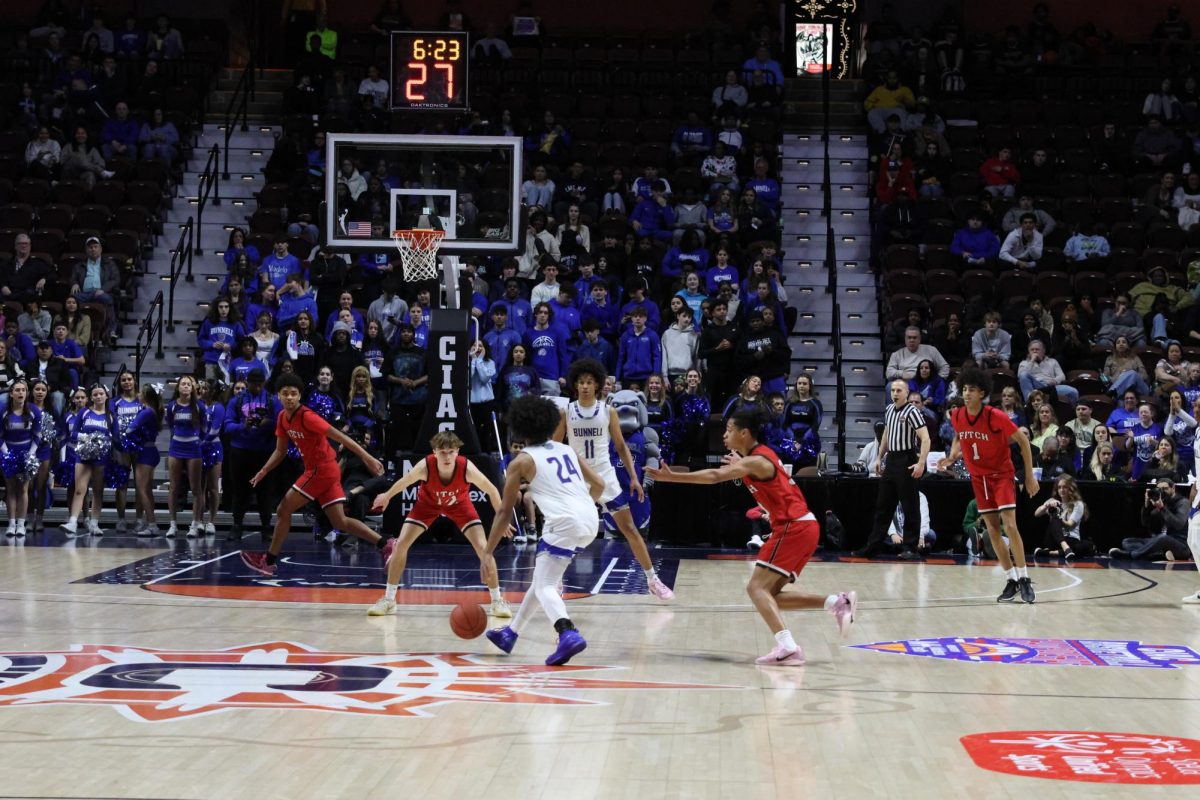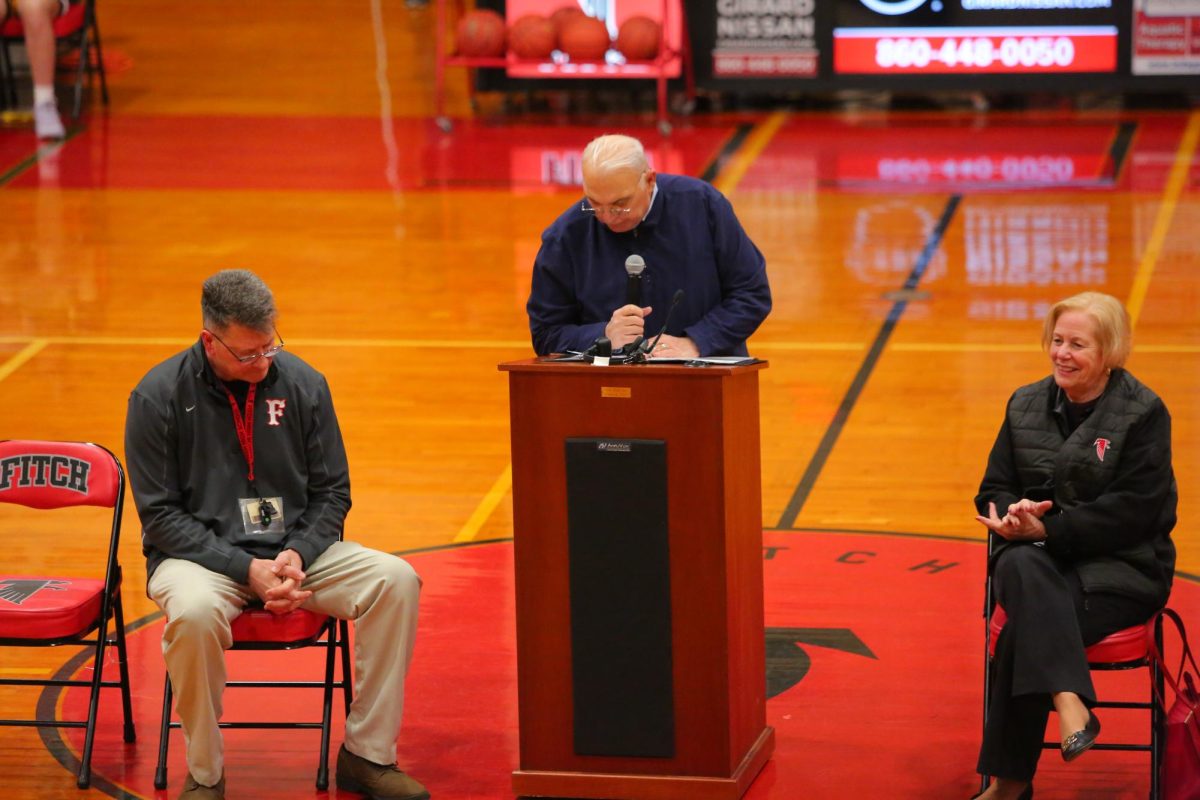The 2020 Olympic Games… In 2021… Maybe
May 5, 2021
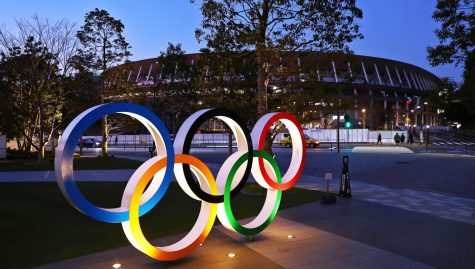
As we all know, the COVID-19 virus absolutely shook our world. Every nook, cranie, and crevice of it. The pandemic brought masks, massive economic change, job loss, social distancing, the pandemic has brought change with it, there’s no doubt. The 2020 Tokyo Olympic games are no stranger to change.
The modern Olympic Games were conceived in 1896. Since then, they’ve been cancelled just three times: 1916, 1940, and 1944. All three cancellations were the result of world war. Historically speaking, the Games have been a sturdy force. It’s withstood scandal, cheating, and terrorism. Though, in March 2020, the Tokyo Olympic Games were postponed due to the COVID-19 pandemic.
In July of 2011 it was announced that Tokyo would host the Games. Eight years later, they finished the construction of the entire campus. According to the Associated Press, the 2020 Games costs Tokyo $15.4 billion. $2.8 billion of that already record-setting total was spent to combat the pandemic.
To say the least it’s been a tumultuous timeline for the Tokyo 2020 Olympic Games. There’s been no shortage of headaches and as we approach the first anniversary of the cancellation of the games, the headache remains. From the changing of committee heads to scrutiny from Japanese citizens, it’s been quite a ride. Though now, with the Games set to take place on July 23, 2021, there’s a backup plan.
Seiko Hashimoto who now oversees the Tokyo Games has led a committee that has devised the first Olympic “playbook”. This playbook, though still in the early stages, contains many pillars on which these Games are to stand upon. These include, testing schedules, fan availability, housing, and a contact tracing system. Though, whether or not the Games even sees July 23rd is an ongoing debate and will likely be debated until they take place. A Reuters poll conducted on February 18th showed that nearly two-thirds of Japanese firms opposed holding the Games as planned. The same poll concluded that 36% of companies wanted a second postponement, 29% wanted cancellation, while the remaining 35% wanted the Games to go ahead as planned.
As of late March, the Committee has banned international spectators from all events. The question now becomes, will Japanese spectators be permitted to spectate? That too, is a hot topic that the Committee is mulling. In the event that no spectators are permitted, the 2020 Games would be taking a page out of the NBA and NHL’s book which sees athletes and staff relegated to a bubble. Though, in the wake of Japan’s steady vaccination process, the possibility of even minimal spectator attendance grows.
Looking to the athletes, they’ll be participating in what are sure to be the most interesting Games in recent history.
To get a better understanding behind the psychological impact of the volatile 2020 Games on both the athletes and committee, I spoke with Dr. Forbotnick.
Seth Fisher (SF): Do you think the games should go on? For whichever choice, for or against, why?
Dr. Forbotnick (DF): I have mixed feelings on this topic. On one hand, I feel for the athletes. They have trained for many years, through illness, injury, and heartbreak. Their sport has been their life – most of them from an early age. And since the Olympics is every four years, for some athletes this may be their only chance to compete for whatever reason.
However, does the benefit for the few (athletes) out way the problems that MAY arise for the many (world-wide)? We are not talking about a small area of the world affected by COVID, but the ENTIRE world. And what can be a better breeding ground for an up spike in COVID than to bring many people together from many different places world-wide.
I know the Olympic president and his committee are preparing for every possible circumstance, but I wonder how fully prepared they can be? Here are some of my concerns:
How often will you rapid test athletes? How reliable is the test? Can you guarantee that the athletes etc., will stay in their housing versus going out to explore? I hear that it can get pretty crazy at the Olympic housing units. Can we just have athletes, coaches and essential personal attend vs. opening it up to spectators? What do you do if someone tests positive? Does the whole team (i.e. track and field) get disqualified? Do they get disqualified for getting COVID? How will this be recorded? Will vaccines be required? Can the Olympic be postponed for one more year as more people get vaccinated? But, will that even matter since we are now seeing variants of the illness.
SF: Do you have any concern for the mental health of the athletes that are set to participate in the Olympics? If so, what resolution techniques would you recommend?
DF: I feel that every athlete (regardless of the Olympics) should be working with a Sport Psychologist. Training for your sport is extremely grueling on every level. You basically have no life – you eat, breathe, and sleep (if you get any) is all about your sport [sic]. And remember – even if you are in the top three of your sport, there really isn’t a big pay day. The money comes through endorsements AFTER you place. Athletes whose goal is to be in the Olympics, are not doing this because of the money, it is because their love/hate relationship with their sport, and because this is their dream. It takes a special individual to be able to compete at this level – not only physically, but more importantly mentally.
If they do not work with a Sport Psychologist, then their coach should keep an eye on their mental health, providing them with relaxation techniques, support, and incorporating positive days to relax and re-group. The athletes mental health is as important if not more important than their physical health.
SF: In past years, how has your experience been watching the Games?
DF: In the past, I have only watched the opening/closing ceremonies and the events that interest me. It is exciting and I feel a little bit envious if I am being honest.
SF: If you were the head of the Olympic committee, what would you do about the Games?
DF: I think I would try to postpone for one more year. However, I would need to take into consideration how many athletes would not be able to participate (for whatever reason) compared to those who can.
Or, split the events so you do not have everyone there. It will be spread out over more weeks, but if we only have ½ of the athletic population at a time, this may help with controlling the guidelines.
SF: If you were in the athletes’ position you would feel about participating this summer.
DF: I guess if I was an athlete, I would take into consideration the following:
The likelihood that I would be in the top 3. Am I single or married? If married – will I take the chance of possibly infected my family with COVID? Am I willing to get a vaccine just to participate even if I do not fully have faith in it yet? What safety precautions will be in place and more importantly what will happen to those athletes who do not follow the rules?
Even after all this, I think I would participate. You train all your life for this moment and even without COVID, there is no guarantee that nothing will happen to you. You must live each day to the fullest (with being smart), but not living from a place of fear.



